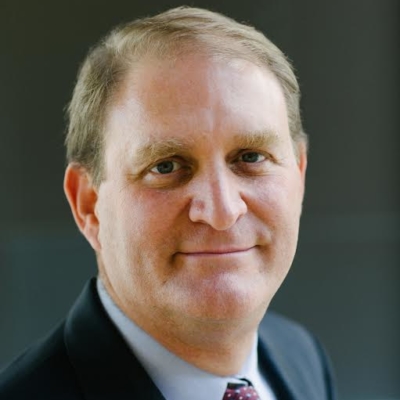Voting In America: A Conversation With Nathaniel Persily, Robert Bauer, And Benjamin Ginsberg
Summary
Long lines at polling stations, unreliable voting machines, disputed ballots, parochial administration—and, of course, hanging chads. While voting is at the core of American politics, it has been fraught with far too many issues for the world’s so-called model democracy.
Addressing these shortcomings is challenging, particularly in the current atmosphere of partisan intransigence where hard lines seem to thwart even modest advances.
…
Conducting the interview is Nate Persily, JD ’98, the commission’s senior research director, who worked closely with Bauer, Ginsberg, and the membership. Persily, the James B. McClatchy Professor of Law, is a constitutional law expert and sought-after nonpartisan voice in voting rights with extensive firsthand experience—including serving as a court-appointed expert to draw legislative districting plans for Georgia, Maryland, and New York and as special master for the redistricting of Connecticut’s congressional districts. In the following, Bauer and Ginsberg discuss with Persily this year’s presidential primaries, election issues, and the commission’s report www.supportthevoter.gov.
Persily: Let’s start by talking about the 2016 election. What has surprised you thus far? Ben, do you want to begin, because there has been far more activity on your side?
Ginsberg: I think the passionate anger of the electorate and the way that has impacted a lot of preconceived notions about the way the race would turn out have been surprising. The conventional wisdom has been turned on its head. I think the role of fundraising in the election is another surprise, in terms of super PACs. I think the number of candidates on our side [Republican] has been surprising too.
Read More
